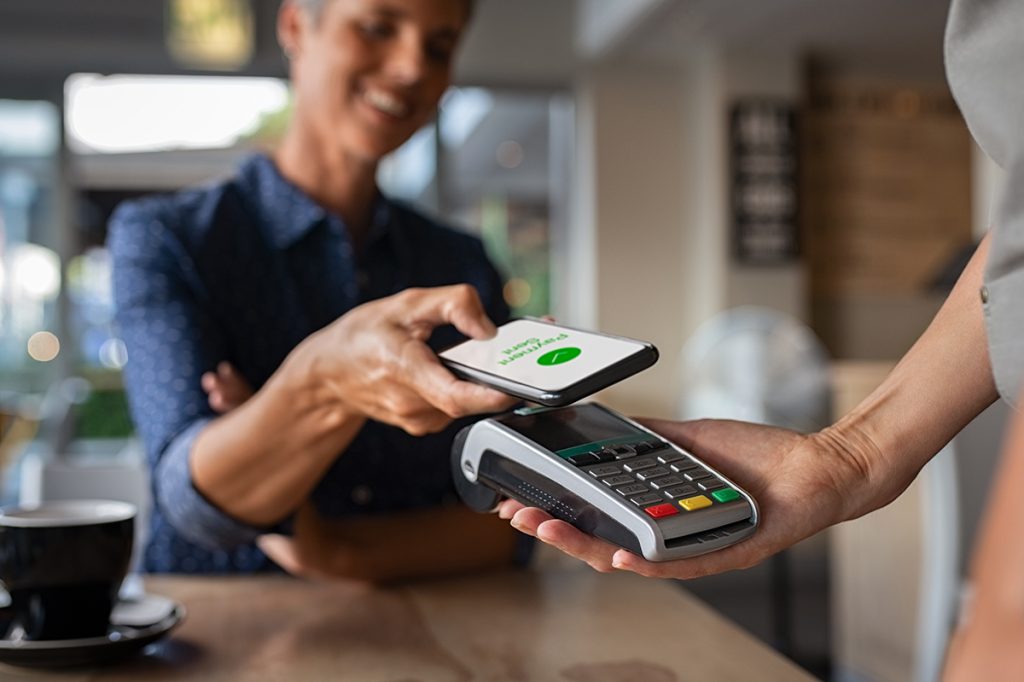In a groundbreaking development for mobile payments, iPhone users in Europe will now have the liberty to use mobile wallets beyond Apple Pay. Apple has yielded to the demands of European regulators, allowing rival mobile wallets to utilize its contactless payments technology. This change is a pivotal advancement towards fostering competition and driving innovation in the mobile payments industry.
The European Commission, the executive branch of the EU, has introduced these changes as part of its continuous efforts to promote fair competition. This move gains particular importance under the Digital Markets Act, designed to oversee the market practices of major tech companies. Facing considerable regulatory scrutiny, Apple has agreed to make these changes effective from July 25. These adjustments will be in place for a decade and will impact the 30 countries within the European Economic Area.
Under this new regulation, third-party mobile wallet developers will gain unrestricted access to the near-field communication (NFC) technology used for contactless payments on iPhones. This means iPhone users can now select their preferred mobile wallet and set it as the default payment option. Apple will also enable NFC contactless payments and transactions for various functionalities, including car keys, transit passes, corporate badges, home keys, hotel keys, merchant loyalty programs, and event tickets.
This regulatory action addresses issues identified by the European Commission during its formal antitrust investigation into Apple Pay, initiated two years ago. The investigation concluded that Apple had exploited its dominant market position by restricting access to NFC technology, compelling users to rely solely on Apple Pay for mobile payments. This limitation hindered competition and innovation, blocking rival app developers from offering alternative mobile wallets with similar tap-to-pay features.
With these new commitments, Apple will no longer be able to use its control over the iPhone ecosystem to exclude competing mobile wallets from the market. This change is anticipated to stimulate innovation and offer consumers more choices in managing and executing mobile payments while ensuring transaction security.
Interestingly, these commitments do not cover Apple Watches. The European Commission determined that the number of users making payments with Apple Watches is relatively small, causing minimal harm from excluding these devices from the new policy.
Apple’s decision reflects a wider trend of intensified regulatory scrutiny of major tech companies in the EU. By opening its NFC technology to competitors, Apple aims to comply with the EU’s strict competition laws and avoid potential fines. This shift is viewed as a triumph for consumer rights and market fairness, providing users with a broader range of mobile payment options.
Despite these changes, Apple Pay and Apple Wallet will remain available to users and developers in the European Economic Area. This ensures that users preferring Apple’s ecosystem can still access its mobile payment services while enjoying the added flexibility of alternative options.
The new policy changes signify a major victory for consumer choice and market competition in the European mobile payments landscape. iPhone users in Europe will soon have the freedom to choose their preferred mobile wallets, benefiting from the convenience and security of contactless payments without being restricted to Apple Pay. This development emphasizes the crucial role of regulatory interventions in ensuring fair market practices and promoting innovation in the tech industry.
The European Commission’s actions underscore the essential role of regulatory bodies in protecting consumer rights and encouraging competition. As Apple aligns its practices with these new regulations, the mobile payments market in Europe is set for increased dynamism and diversity, ultimately benefiting consumers and developers alike.


